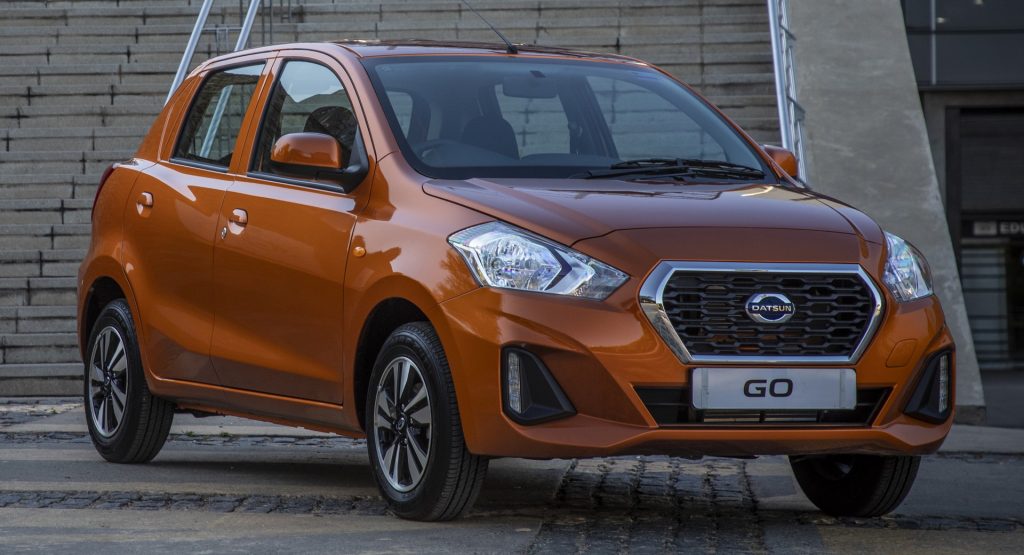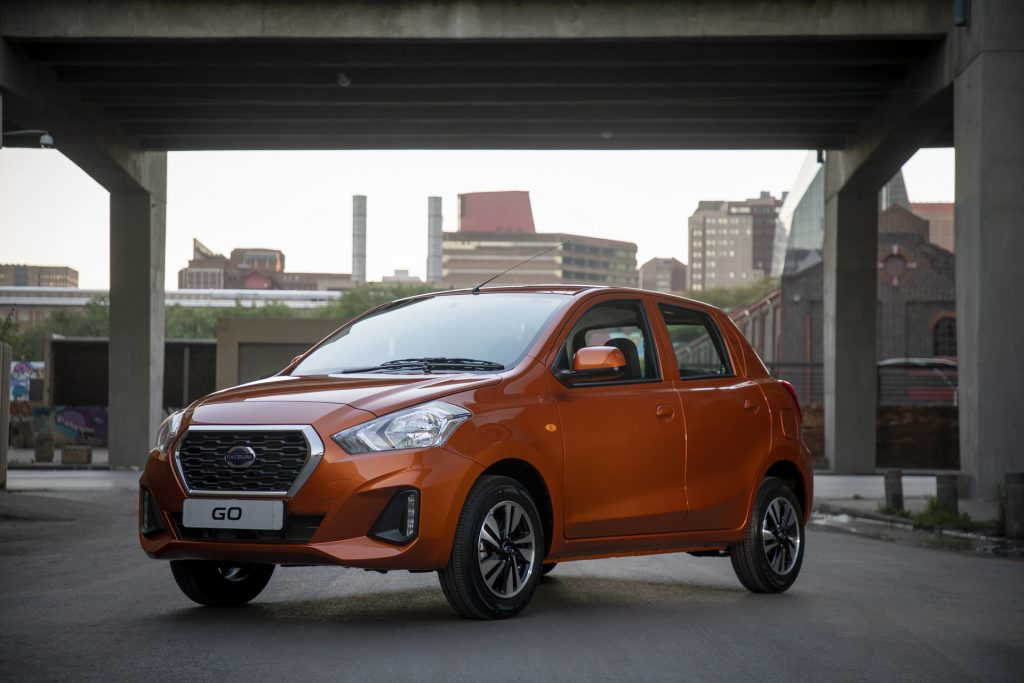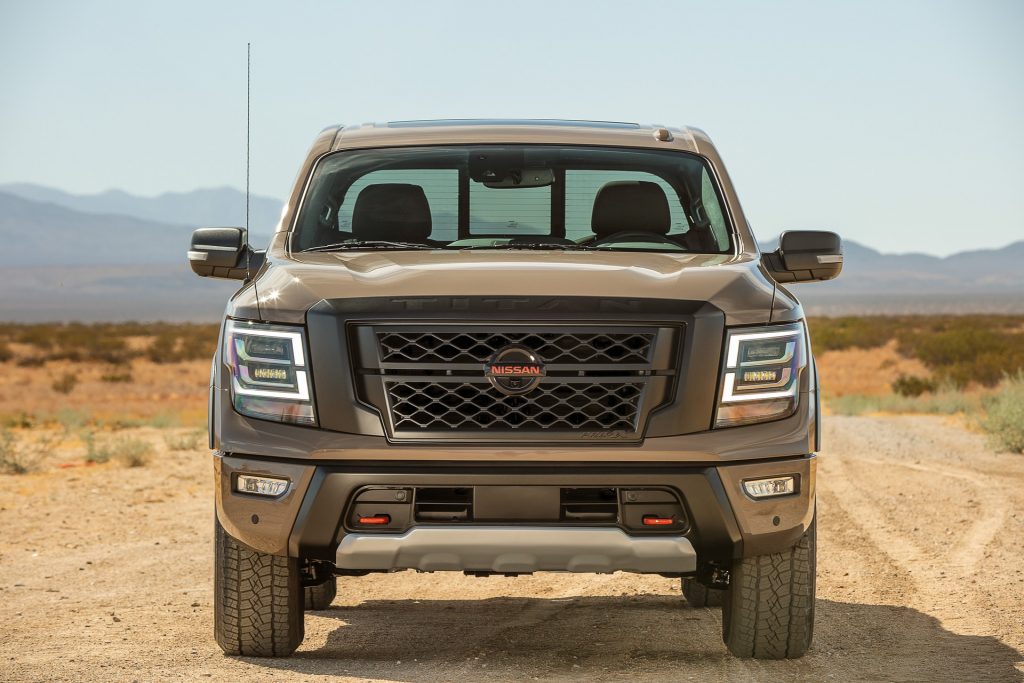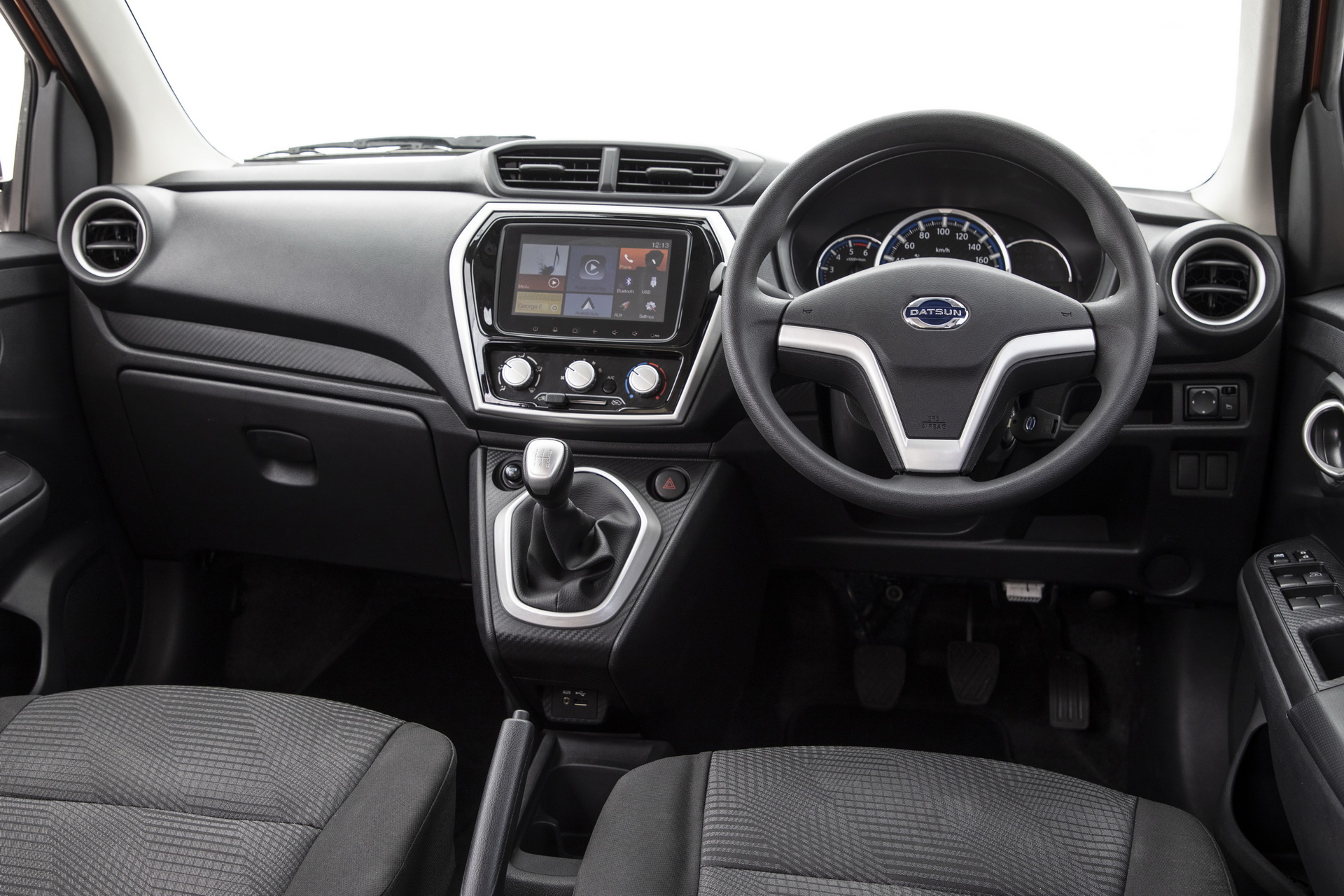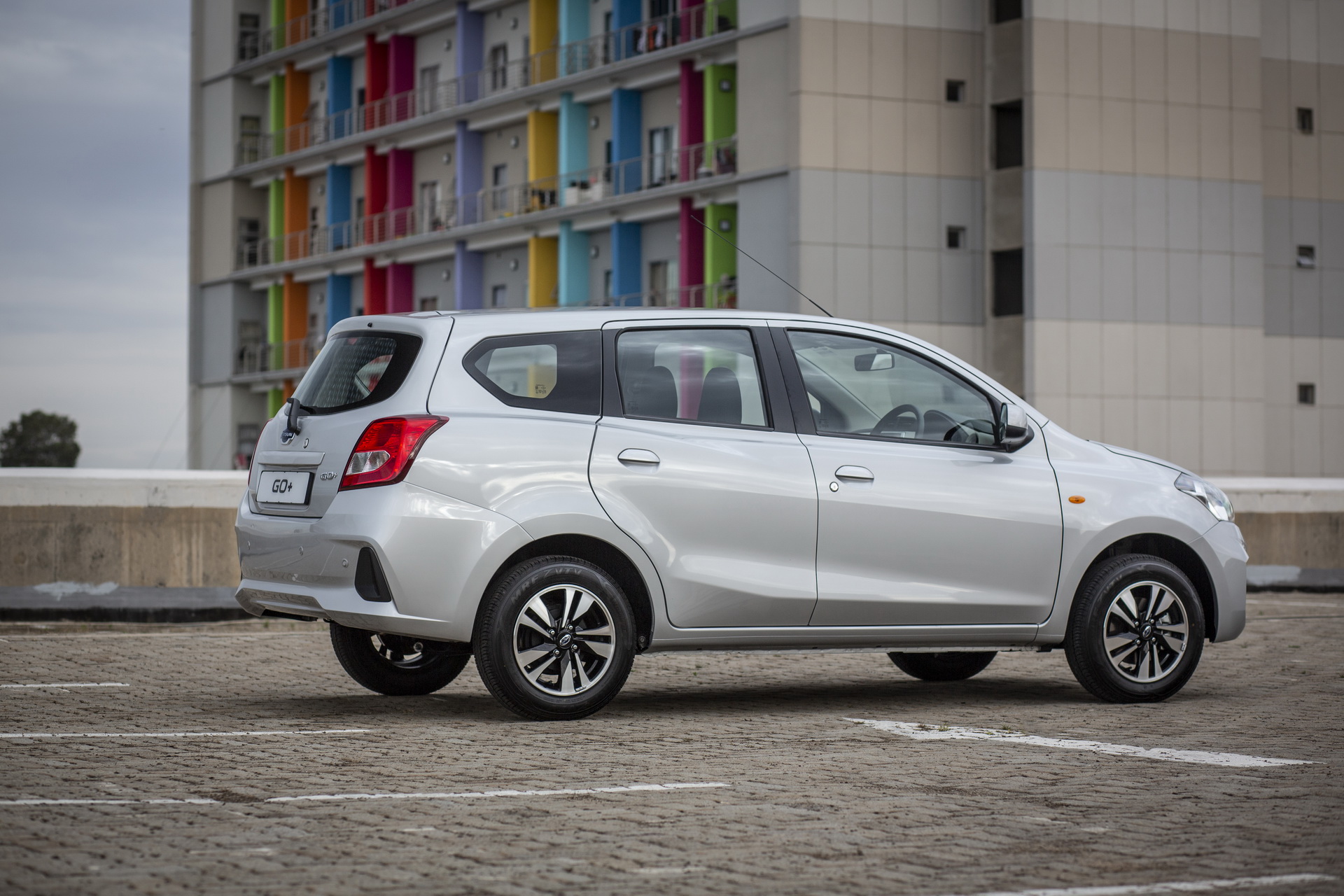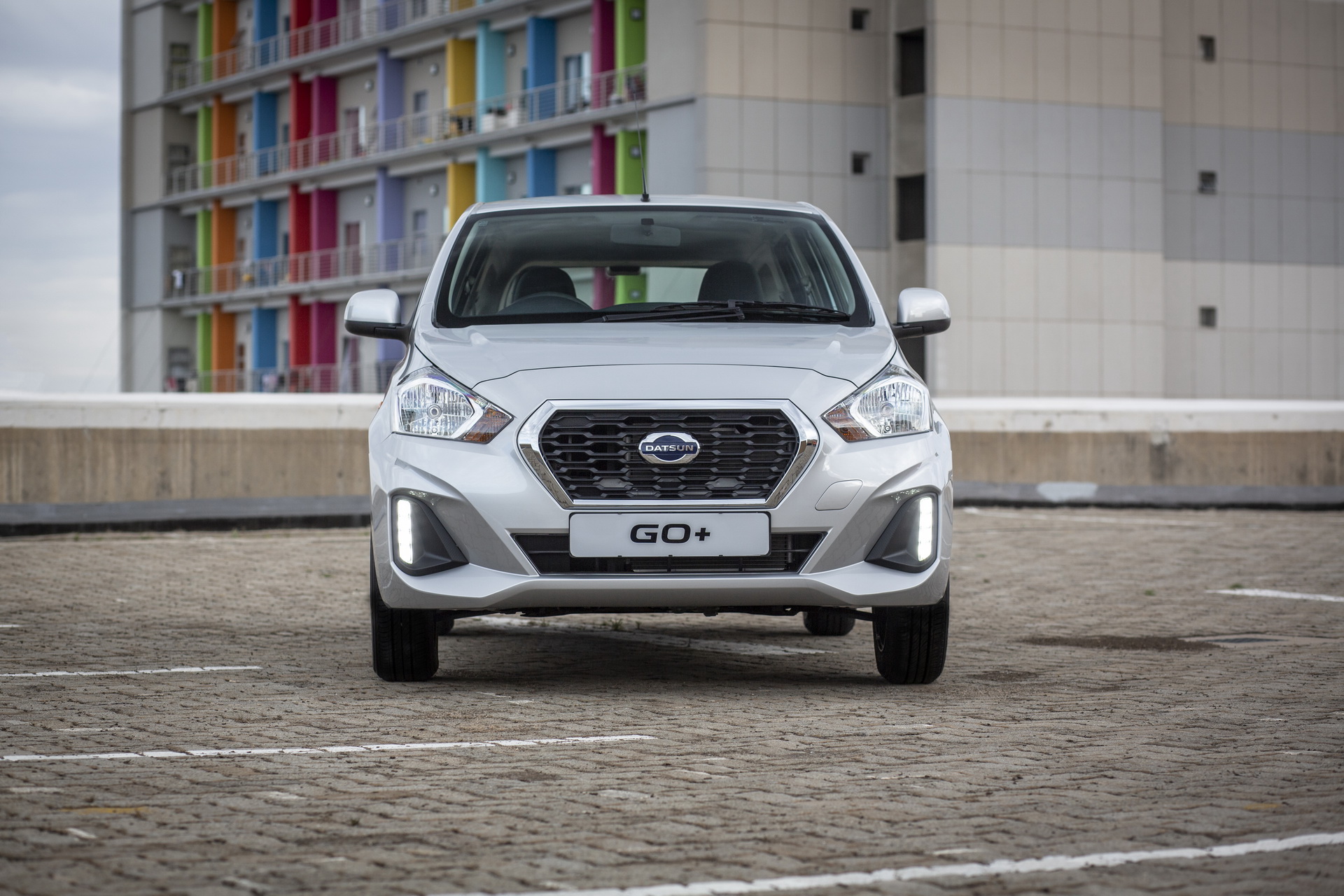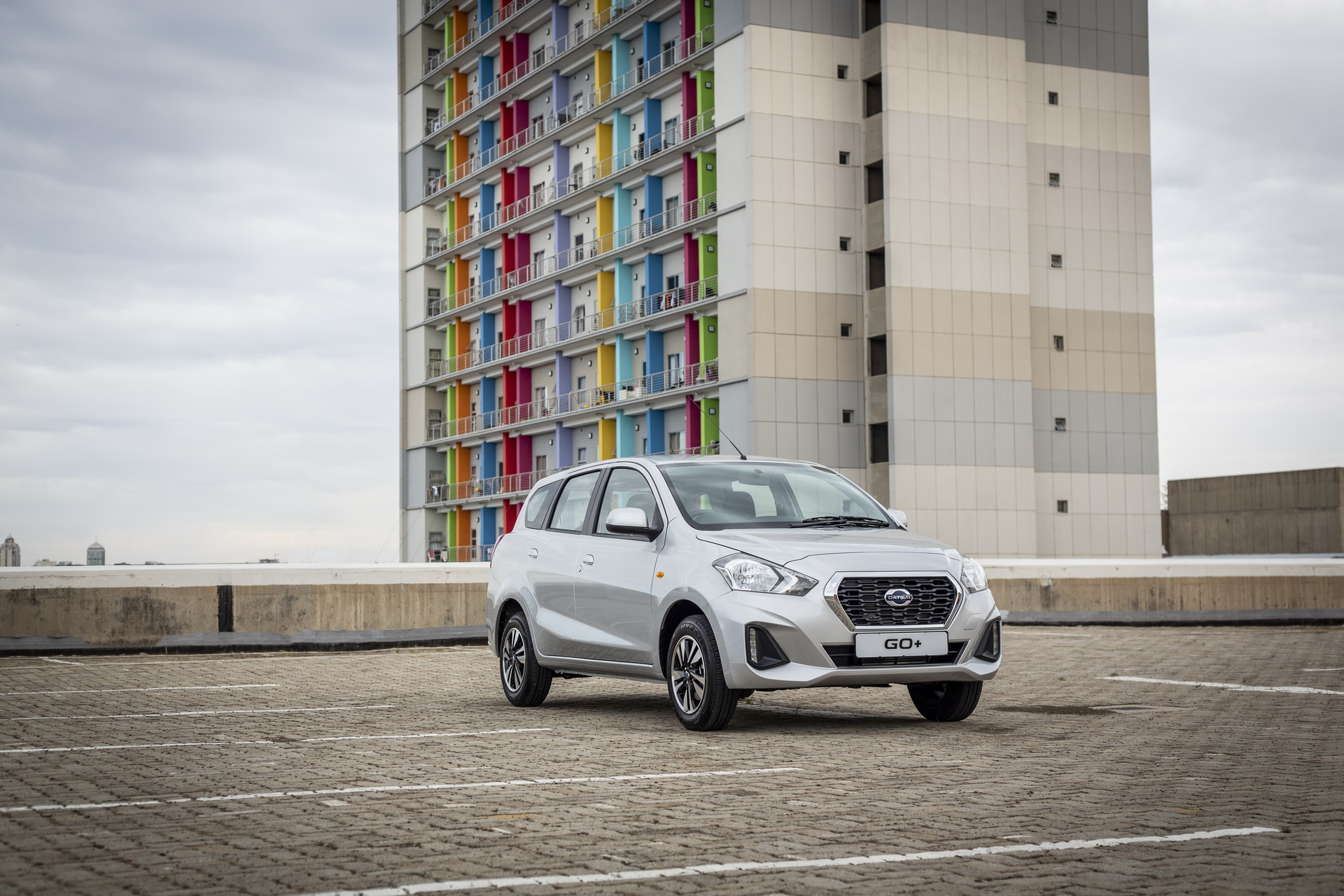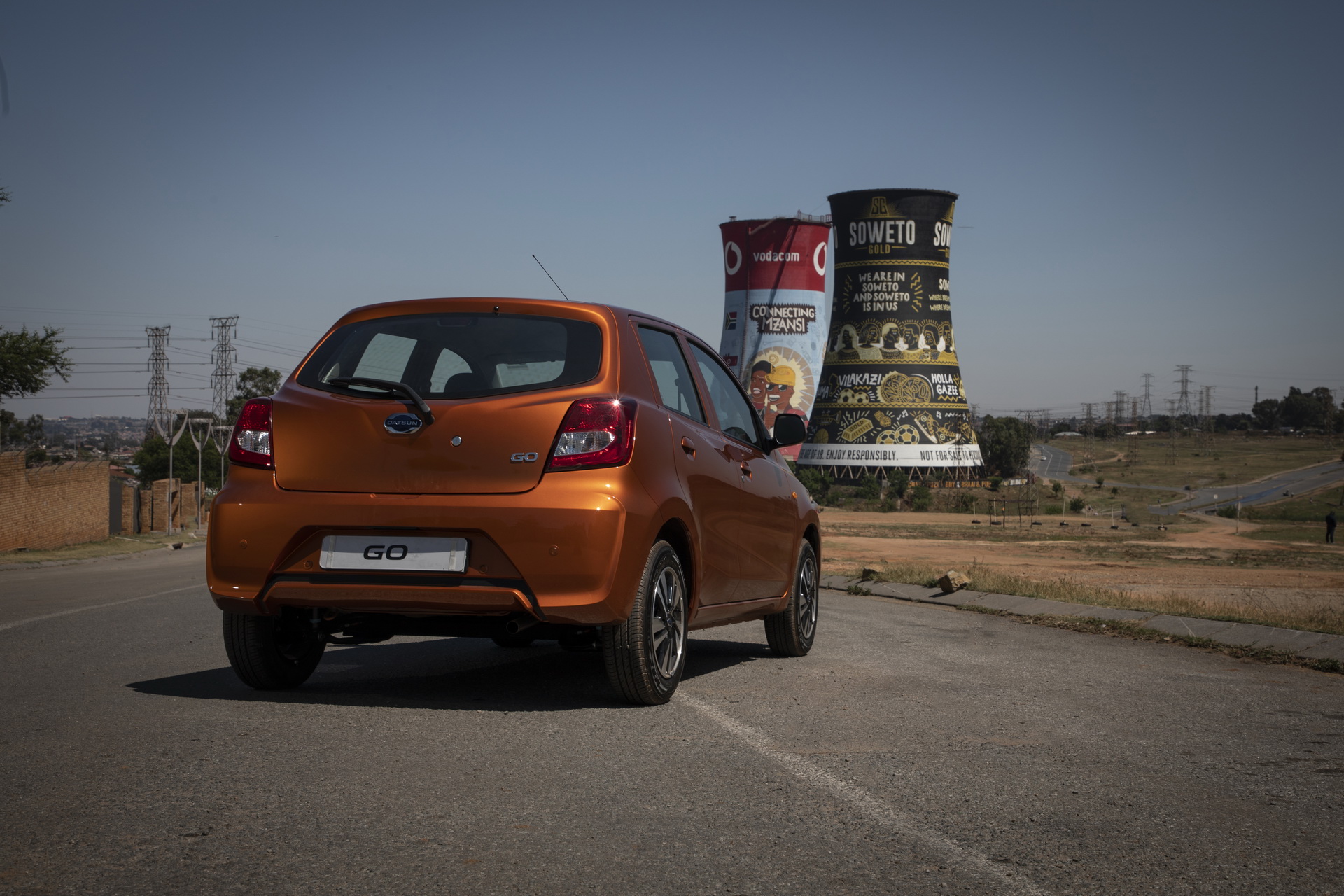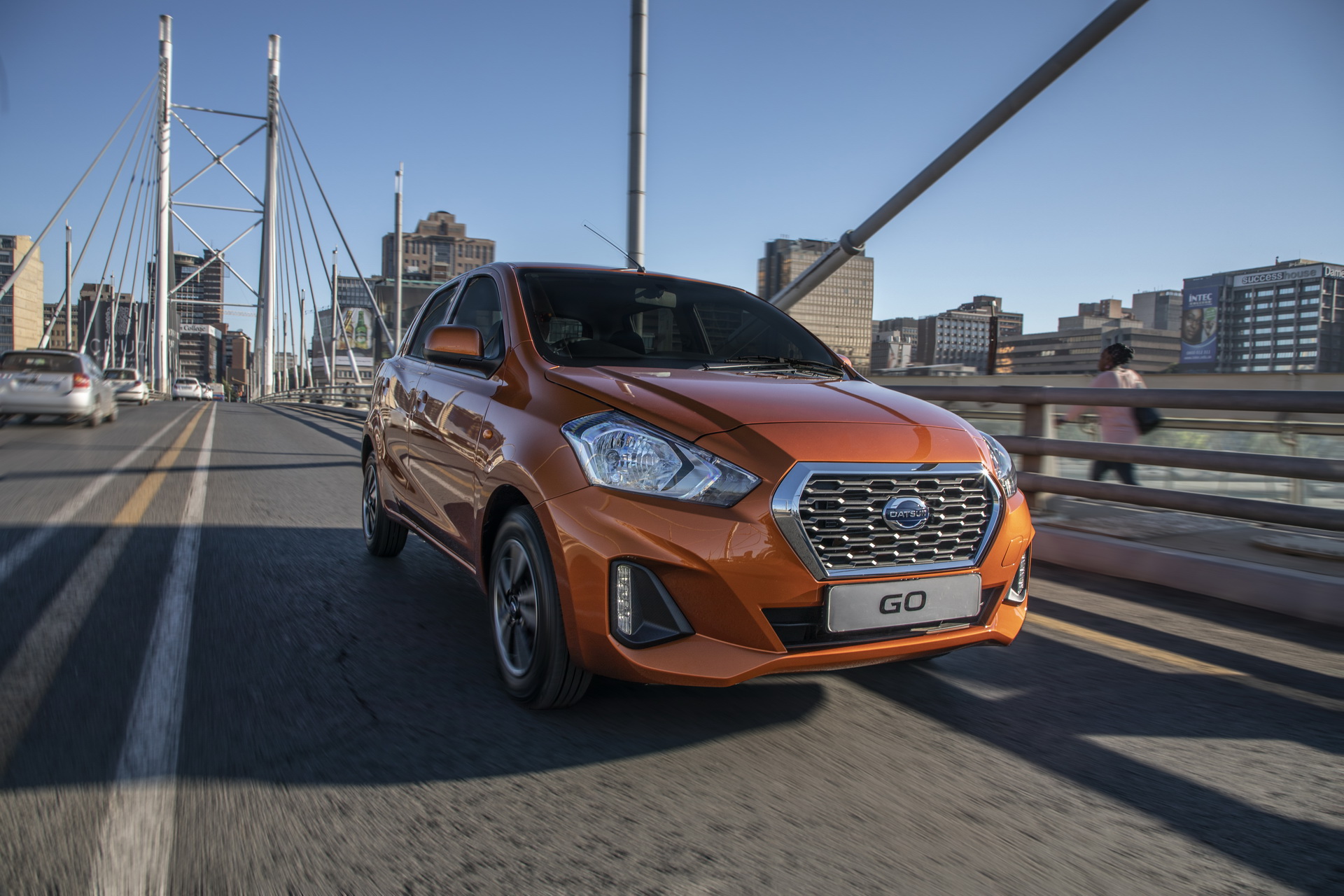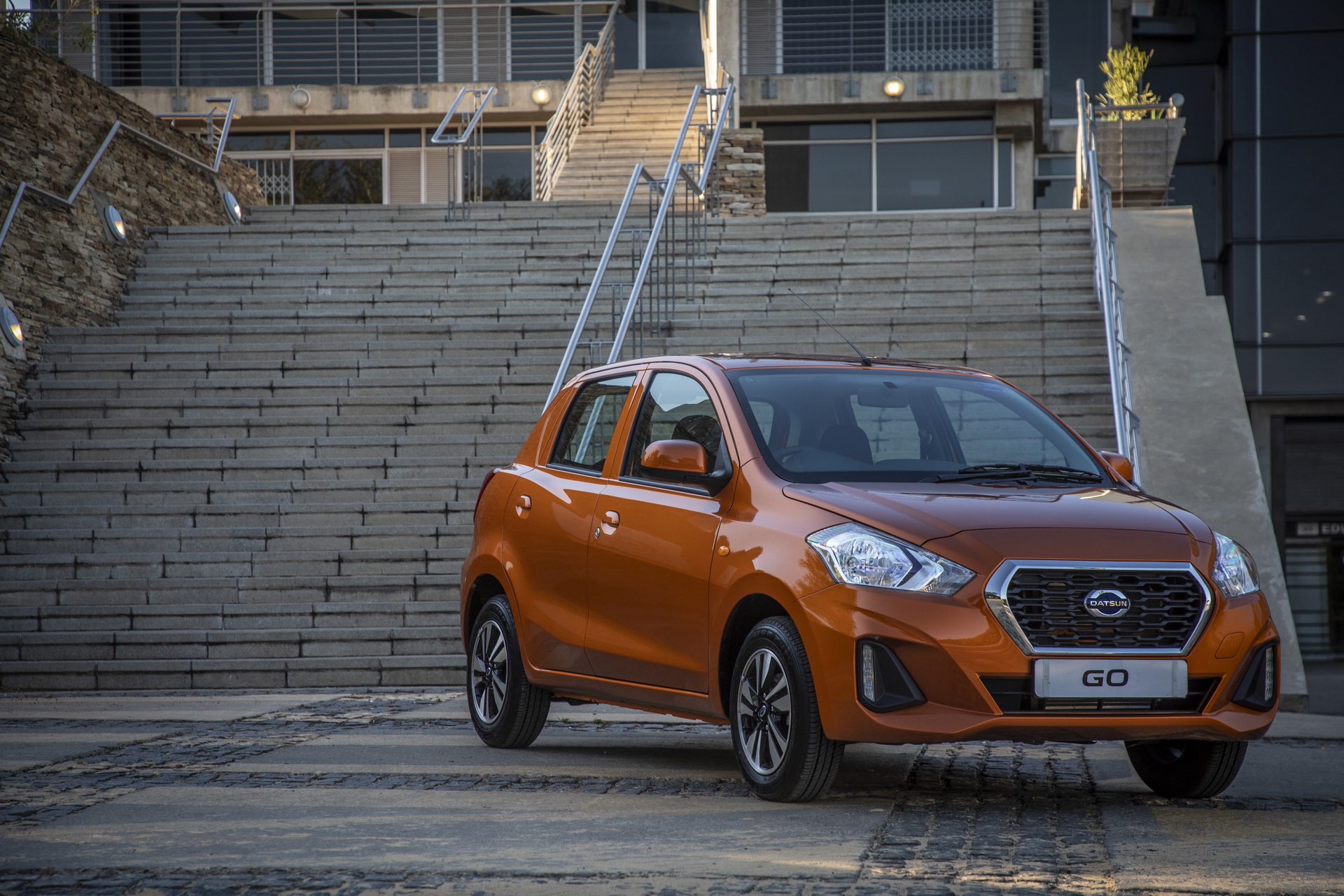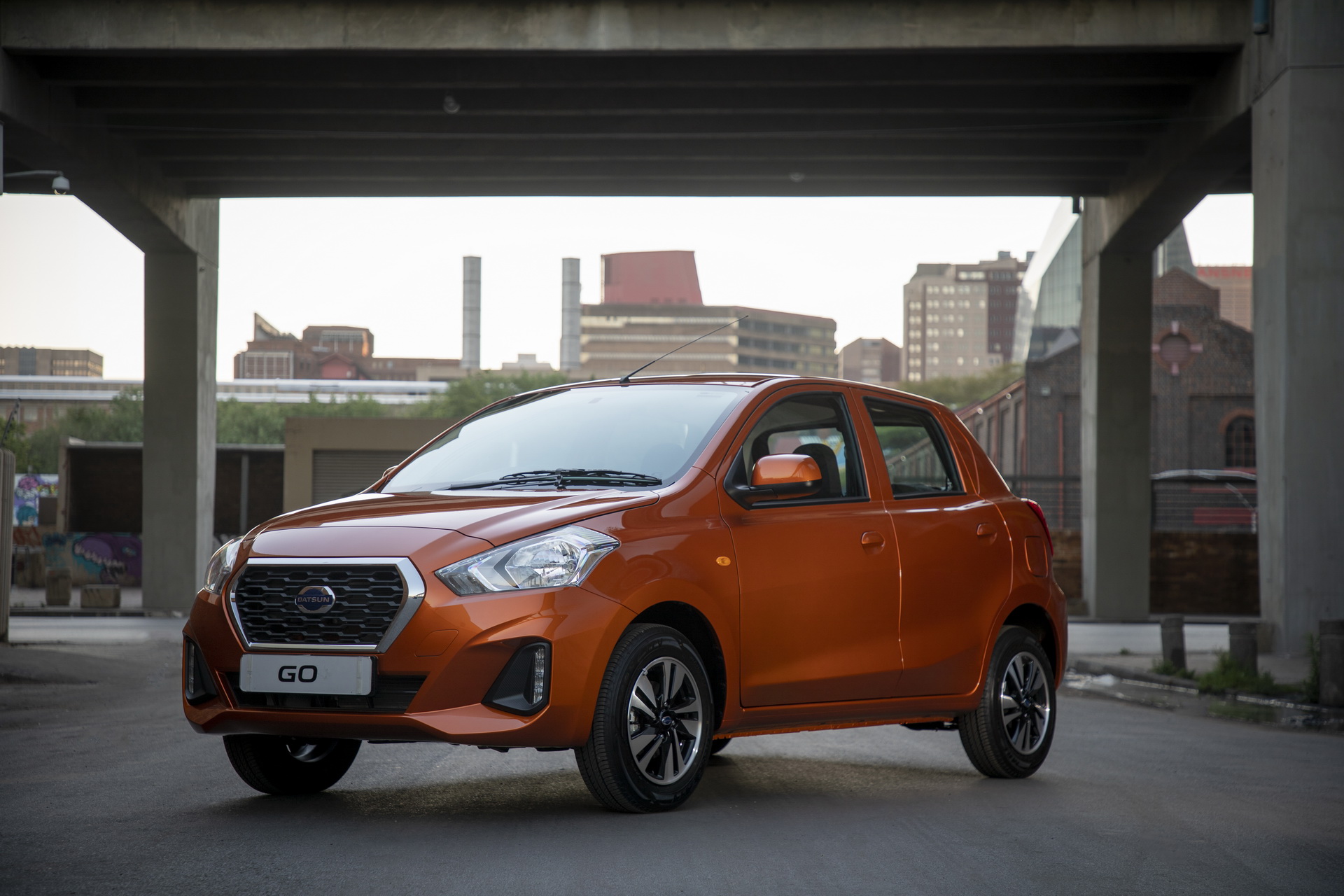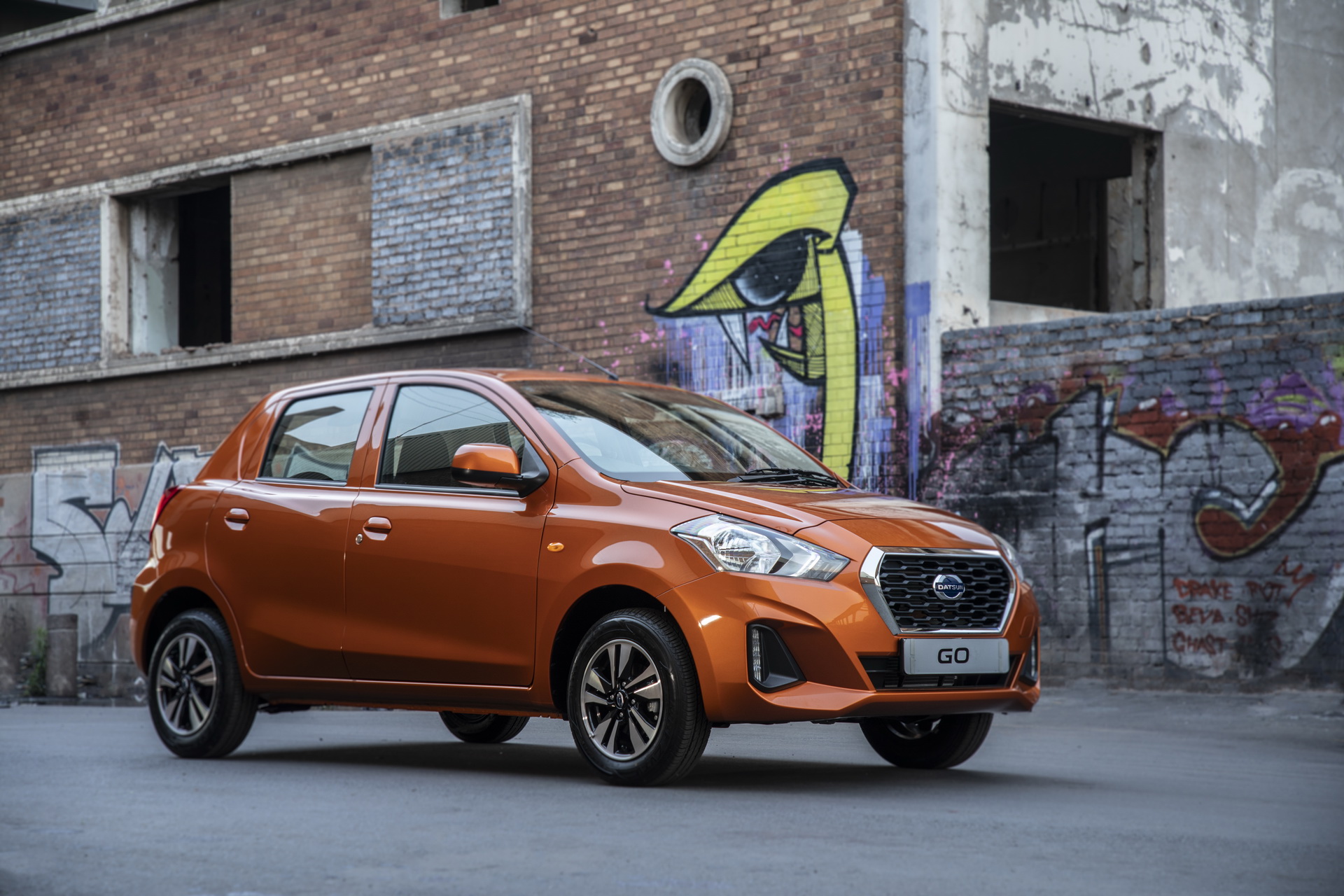Nissan might ditch the Datsun brand altogether as part of its upcoming recovery plan, which includes axing some of its unprofitable products and closing down under-utilized assembly lines worldwide.
Quoting sources with direct knowledge of the matter, Reuters reports that the recovery plan marks a 180-degree turn with Nissan’s ambitious strategy under ex-CEO Carlos Ghosn, who was arrested and charged with financial misconduct.
Also Read: Nissan To Cut 10 Percent Of Global Models By 2022, Small Cars And Coupes Could Be First To Go
Things with Datsun, which was revived as a brand for emerging markets, didn’t exactly go as Nissan hoped after launching it in 2014 in regions like Indonesia, India, Russia and South Africa. That’s because, following a relatively good start, the budget-conscious brand started eating into Nissan’s own sales.
“We ended up pushing two mainstream brands in a market where you have a one or two percent market share. You cannot do that,” one of the sources said.
Shutting down under-utilized production lines will also impact Nissan’s factories in emerging markets tasked with producing Datsun models and other small cars, according to the same sources. “We need to chart a recovery but the rot goes deep,” one of them said.
All markets with factories outside China are being examined for possible reductions in production capacity, but there are currently no plans to close an entire plant or withdraw completely from any country.
Nissan, which is on course to post its lowest operating profit in 11 years, also plans to kill unprofitable variants of the Titan full-size pickup truck, like the single-cab and diesel models.
The US remains one of Nissan’s biggest markets, but the recovery plan will demand a new effort to put a stop at the company’s practice of buying market share by selling its models to rental car and other fleet operators at heavy discounts, something that has plunged the company’s profitability and brand image.
“We’re trying to clean up what had happened in the past,” one of the sources said, adding that under Ghosn, Nissan had to meet sales objectives at any cost, and that included “practically giving away cars” to fleet customers.




